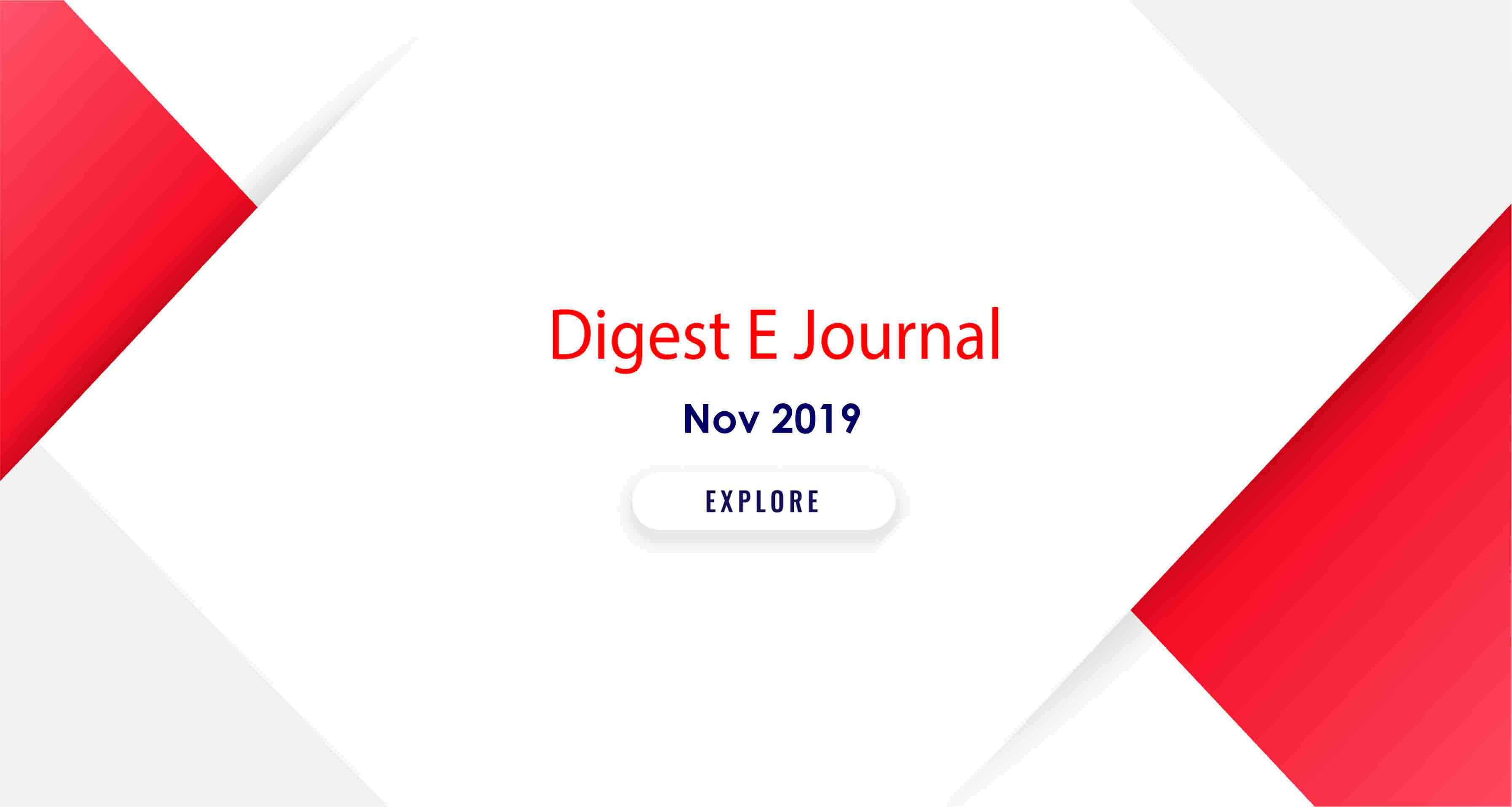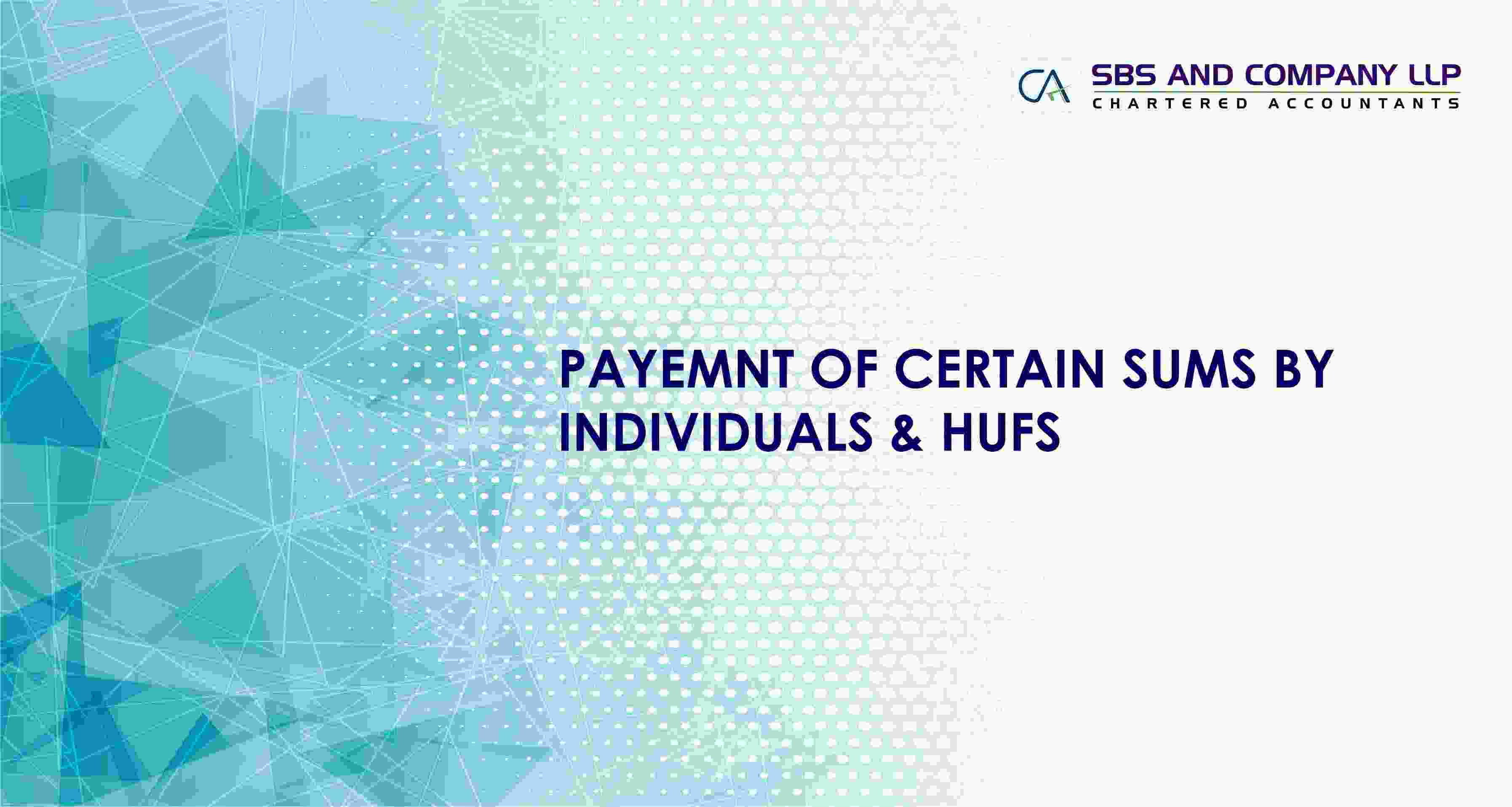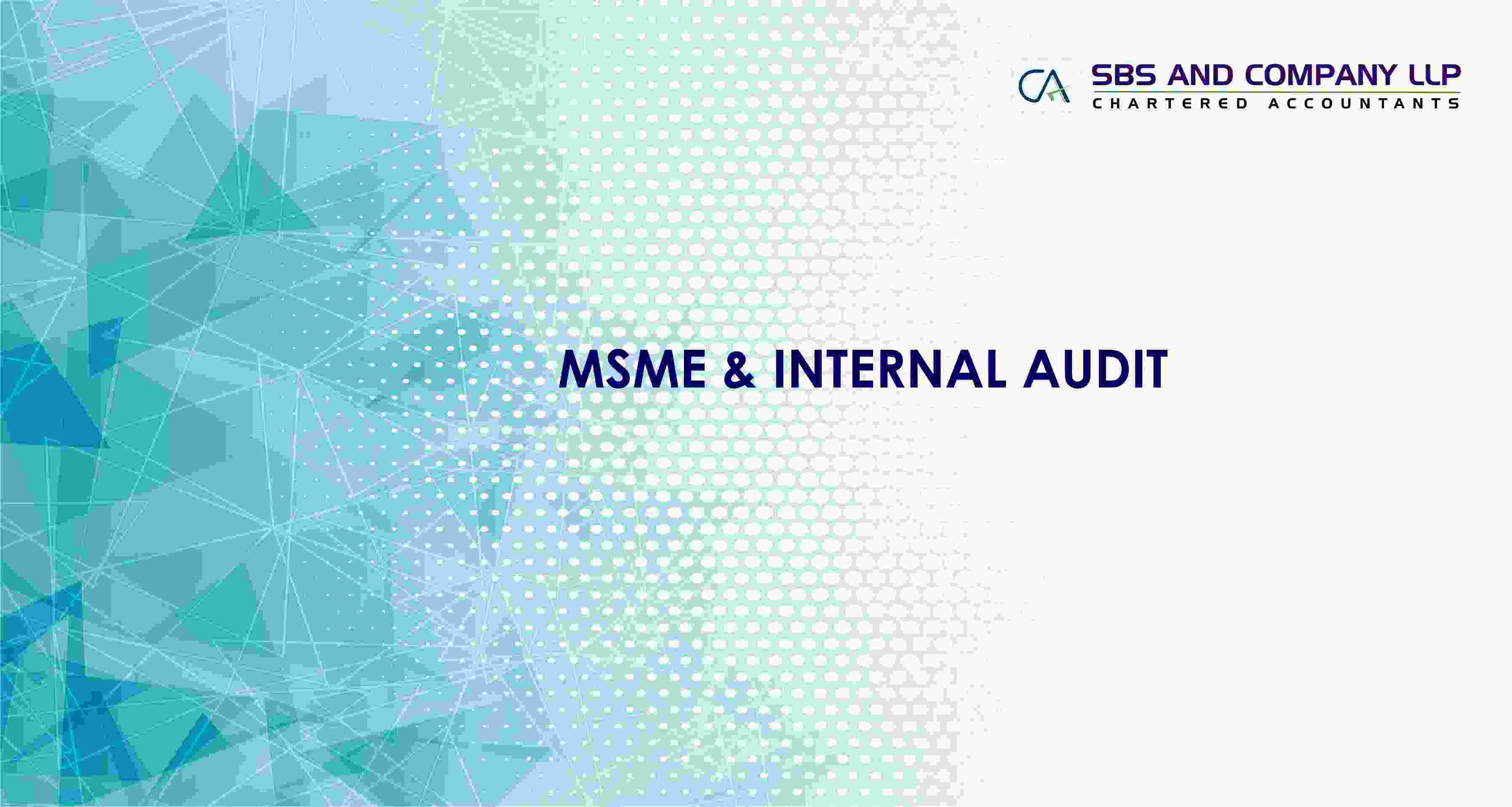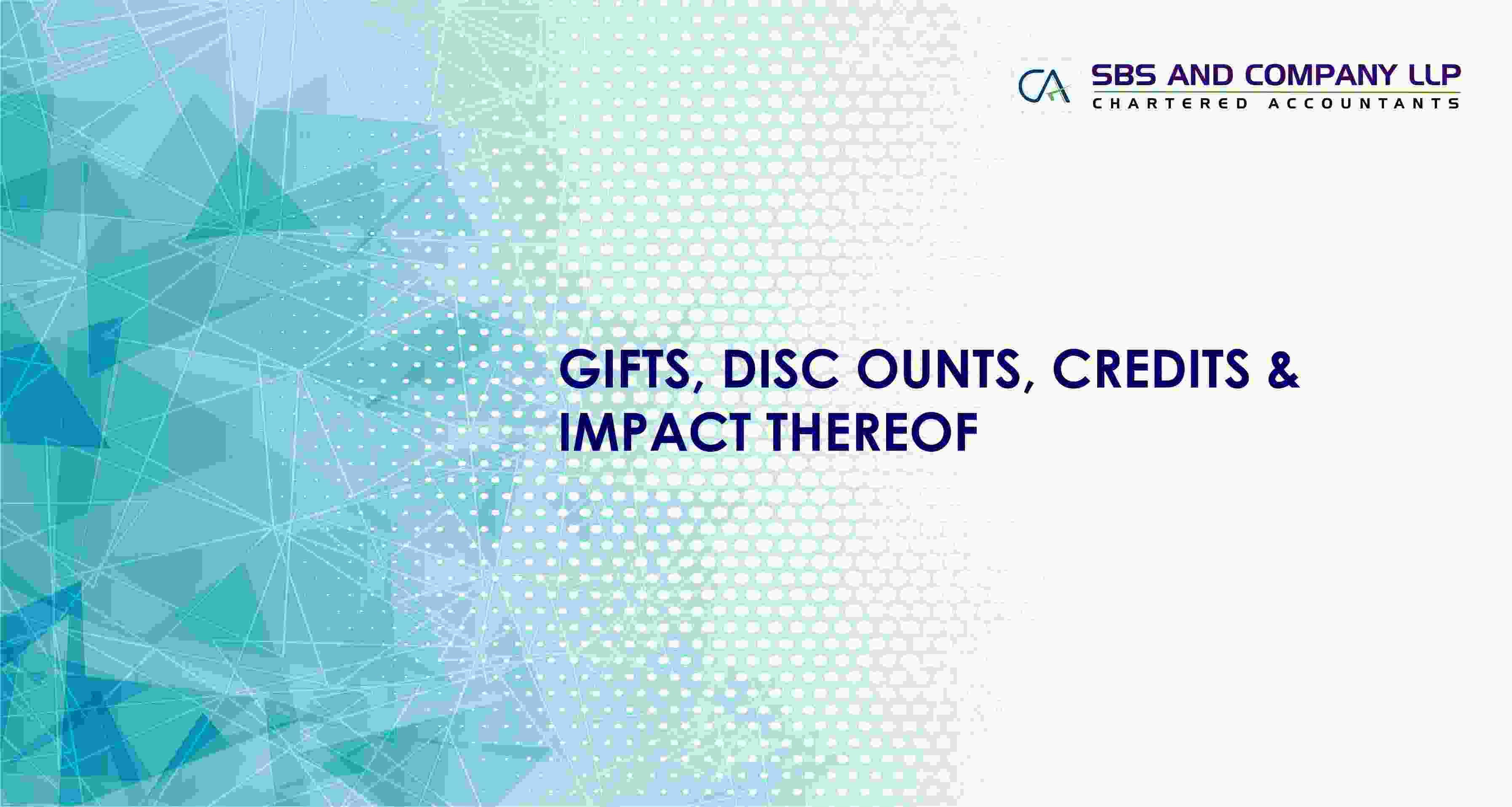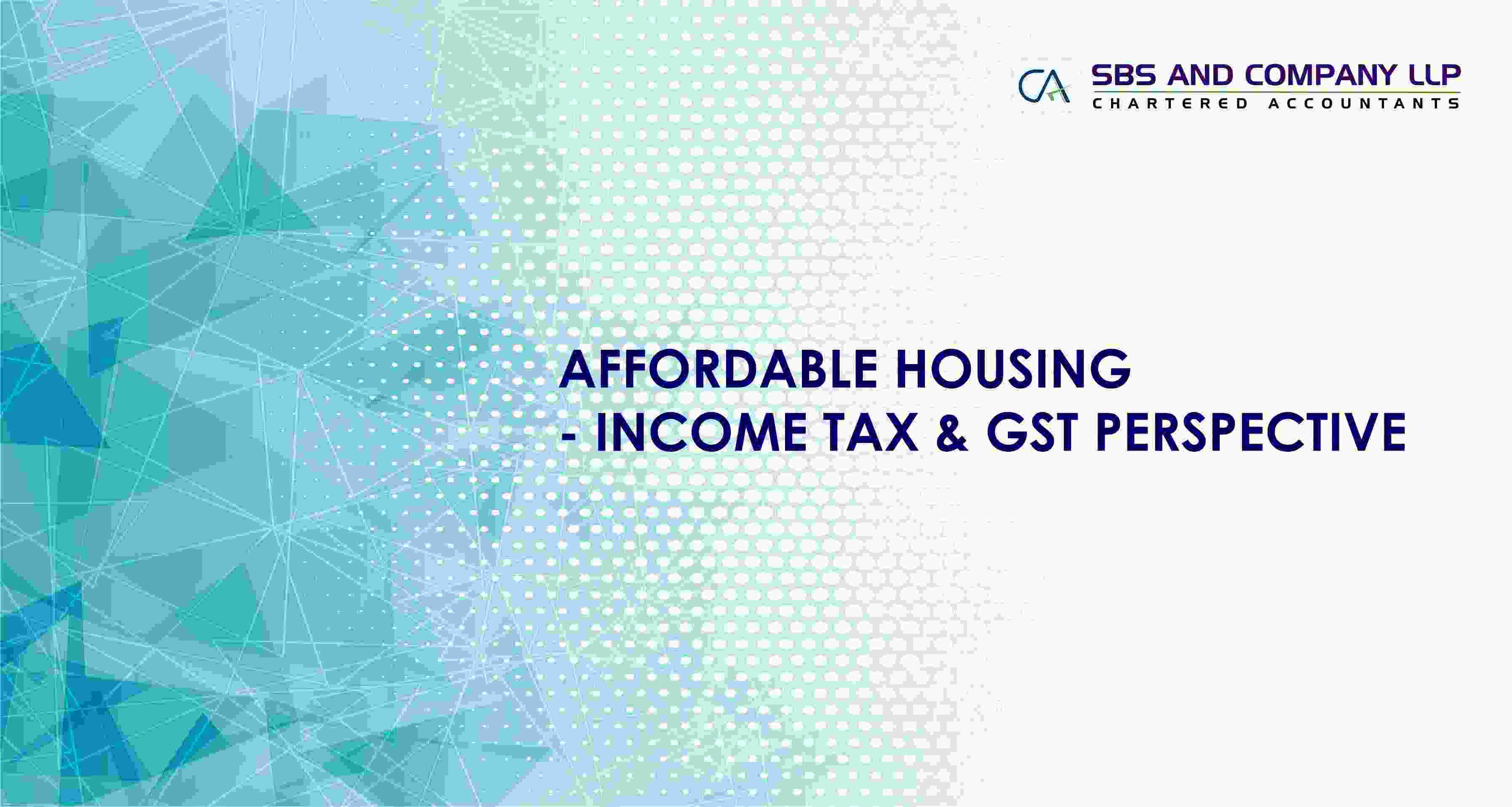GST Applicability on Health Care Services
INTRODUCTION:
- Health is a state of complete physical, mental and social well-being. Public health care systems are organized by government for free or for subsidy to serve better healthcare, nutrition and standard of living of people. However, due to quality concerns and inadequate facilities, most of the Indian population are with no option but to use the private healthcare facilities which encompasses[1] 58% of hospitals and 81% of doctors. This article trials to spot on the GST implications on the services provided by private healthcare sector by considering the Central Tax rate Notification vide 12/2017 dated 28.06.2017.
GST IMPACT ON HEALTH CARE SERVICES:
- Health care services are exempted from GST as per Central Tax Rate [CT(R)] Notification No. [NN] 12/2017 dated 28.06.2017 under the entry of SL No. 72 Heading 9993 and relevant extract is reproduced as under;


